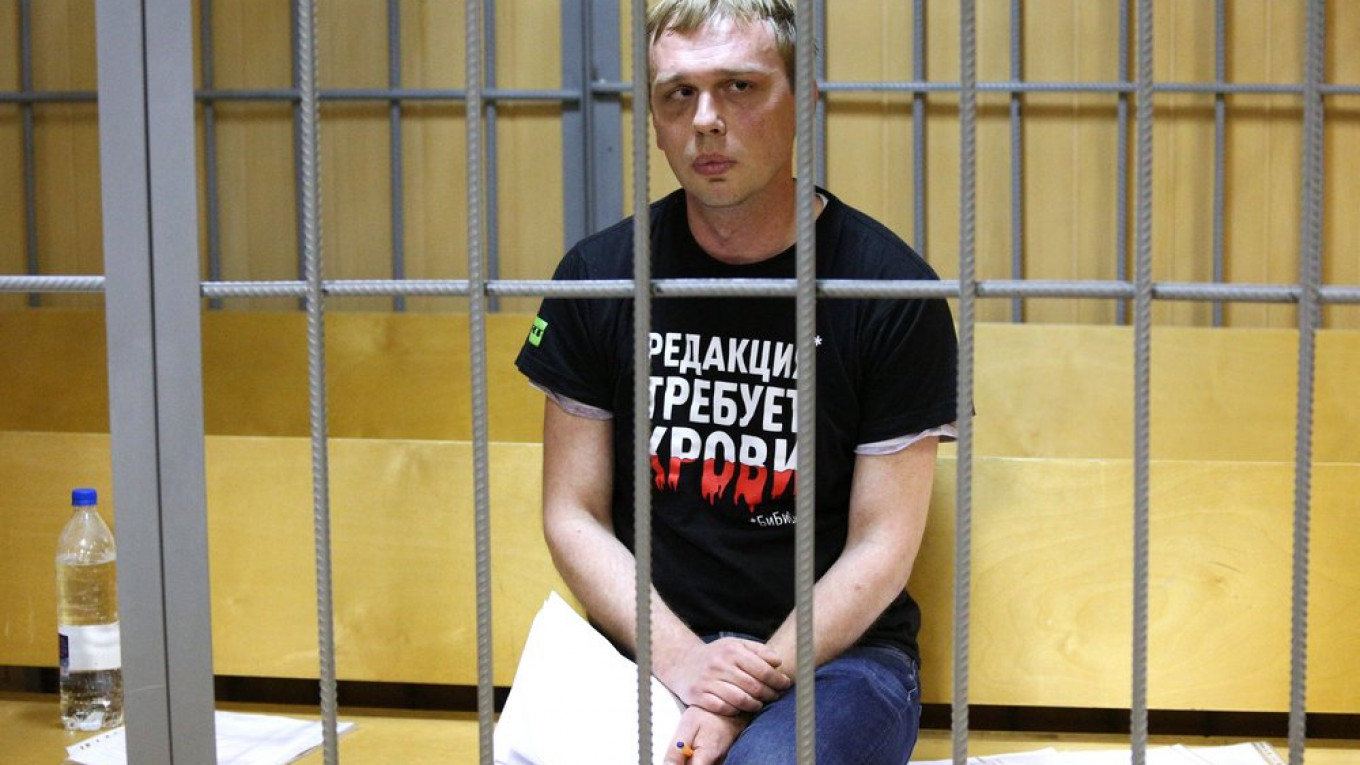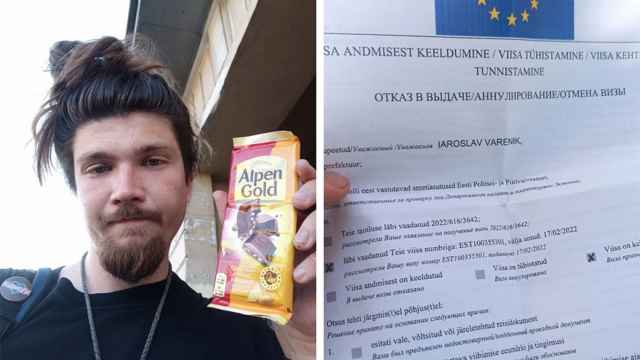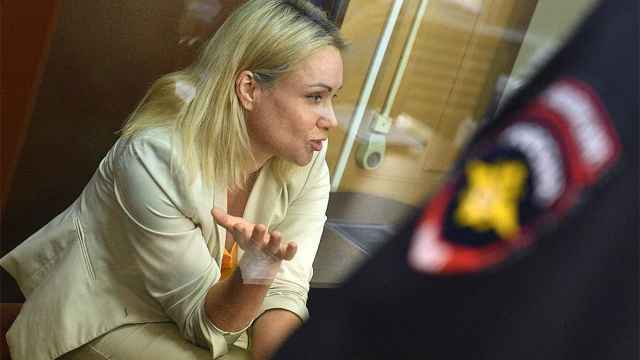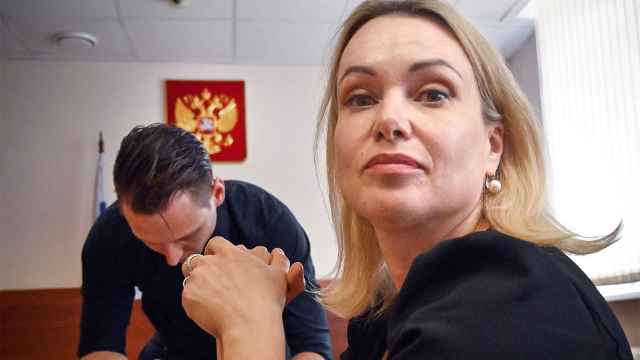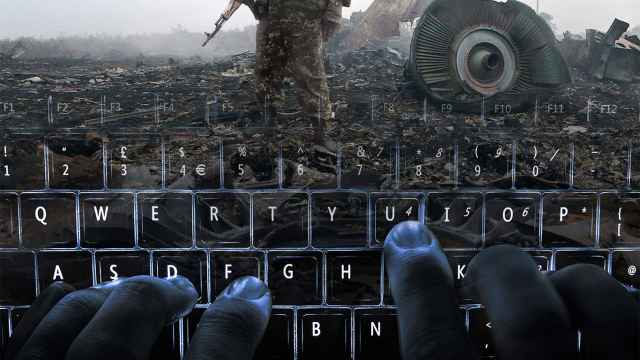Russian investigative journalist Ivan Golunov was arrested in June on fabricated drug charges and released days later following an unprecedented public outcry. The court dropped all charges against him.
Five months after he was released, the criminal case into drug trafficking is still ongoing. Authorities have said they would investigate those who fabricated the charges against Golunov, but the names of those responsible haven’t yet been revealed. On Monday, it was announced that the case will be classified.
Here are the main highlights from the months since Golunov’s release:
June 13: President Vladimir Putin fires two high-ranking police generals involved in the case.
July 1: More than 30 news outlets publish the investigation that Golunov had been working on before his arrest.
July 9: Moscow police chief Sergei Popov dismisses five officials in Moscow’s police department who handled Golunov’s arrest.
Sept. 26: The police officials who detained Golunov and were fired file a lawsuit to be rehabilitated in the police force, which the court rejects.
Oct. 11: Golunov’s lawyer Sergei Badamshin files a complaint with Russia’s Prosecutor General that accuses the authorities of inaction while investigating the fabricated drug charges. He requests that the case be transferred to the Federal Security Service (FSB).
Nov. 2: In an interview with the Baza news website, Golunov says that the authorities haven’t yet named or charged those who fabricated the drug charges against him. He adds that while he has been interviewed twice as a witness, the ongoing criminal case has stalled in recent months.
Nov. 11: Russia’s Investigative Committee suddenly announces that all documents related to the criminal case that involved Golunov will be classified. Previously, Badamshin had said that the case would only be partially classified.
A Message from The Moscow Times:
Dear readers,
We are facing unprecedented challenges. Russia's Prosecutor General's Office has designated The Moscow Times as an "undesirable" organization, criminalizing our work and putting our staff at risk of prosecution. This follows our earlier unjust labeling as a "foreign agent."
These actions are direct attempts to silence independent journalism in Russia. The authorities claim our work "discredits the decisions of the Russian leadership." We see things differently: we strive to provide accurate, unbiased reporting on Russia.
We, the journalists of The Moscow Times, refuse to be silenced. But to continue our work, we need your help.
Your support, no matter how small, makes a world of difference. If you can, please support us monthly starting from just $2. It's quick to set up, and every contribution makes a significant impact.
By supporting The Moscow Times, you're defending open, independent journalism in the face of repression. Thank you for standing with us.
Remind me later.


